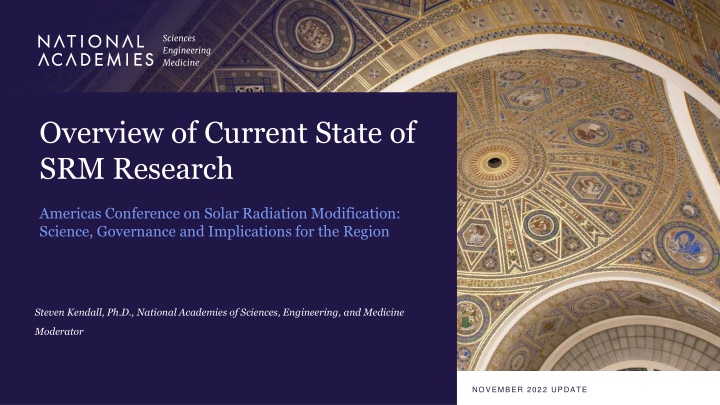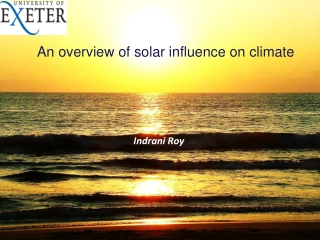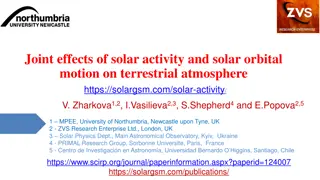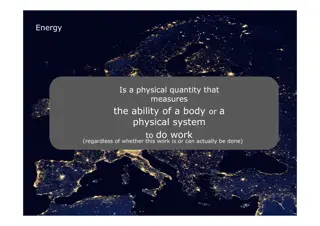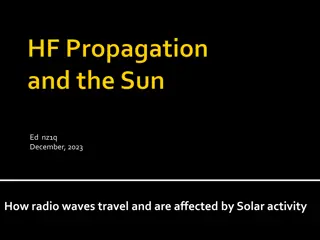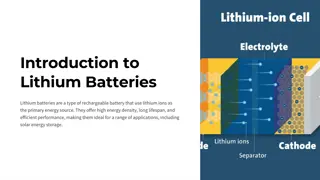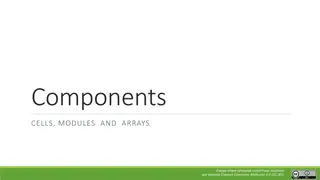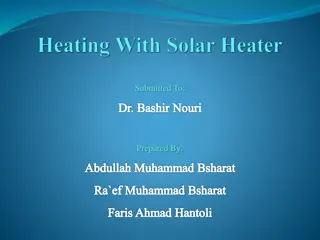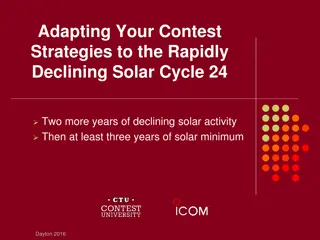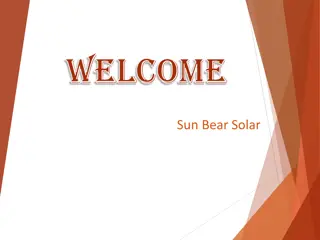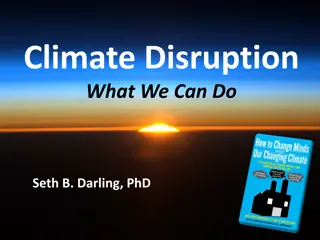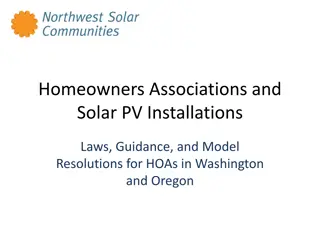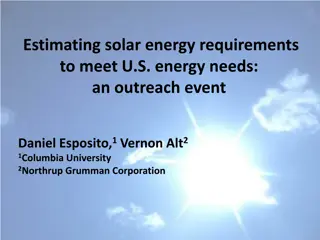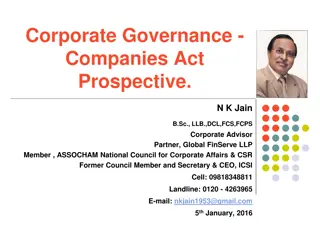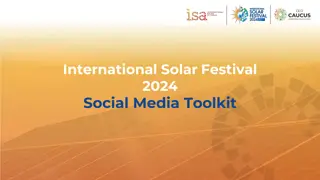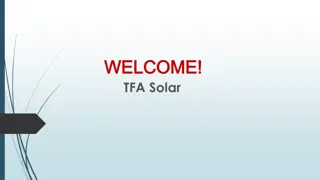Solar Geoengineering Research and Governance Recommendations
Given the urgent risks of climate change, understanding the feasibility, risks, and benefits of solar geoengineering as an additional strategy is crucial. The report emphasizes the need for a transdisciplinary research agenda and governance mechanisms in this field. Current scientific understanding is deemed limited, requiring international collaboration and holistic research integration across various disciplines.
Download Presentation

Please find below an Image/Link to download the presentation.
The content on the website is provided AS IS for your information and personal use only. It may not be sold, licensed, or shared on other websites without obtaining consent from the author.If you encounter any issues during the download, it is possible that the publisher has removed the file from their server.
You are allowed to download the files provided on this website for personal or commercial use, subject to the condition that they are used lawfully. All files are the property of their respective owners.
The content on the website is provided AS IS for your information and personal use only. It may not be sold, licensed, or shared on other websites without obtaining consent from the author.
E N D
Presentation Transcript
Overview of Current State of SRM Research Americas Conference on Solar Radiation Modification: Science, Governance and Implications for the Region Steven Kendall, Ph.D., National Academies of Sciences, Engineering, and Medicine Moderator NOVEMBER 2022 UPDATE
Reflecting Sunlight: Recommendations for Solar Geoengineering Research and Research Governance (March 2021) 2
Committee Members Chris Field, Stanford University [Chair] Douglas MacMartin, Cornell University William Cheung, University of British Columbia Robert McHenry, Bright Silicon Technologies Lisa Dilling, University of Colorado Juan Moreno-Cruz, University of Waterloo Peter Frumhoff, Union of Concerned Scientists Kate Ricke, University of California, San Diego and Scripps Institution of Oceanography Hank Greely, Stanford Law School Lynn Russell, Scripps Institution of Oceanography Marion Hourdequin, Colorado College Ambuj Sagar, Indian Institute of Technology, Delhi Jim Hurrell, Colorado State University Andrew Light, George Mason University [until Jan. 2021] Paul Wennberg, California Institute of Technology Albert Lin, University of California, Davis School of Law 3
The report makes recommendations regarding: 1. The development of a trans-disciplinary research agenda for solar geoengineering 2. Governance mechanisms for solar geoengineering research 4
Report Conclusions Given the urgent, growing risks of climate change, it is important to understand the feasibility, risks, and benefits of all possible response options. Solar geoengineering is a potential additional strategy for responding to climate change, but is not a substitute for reducing greenhouse gas emissions. 5
Report Conclusions, continued Current scientific understanding is limited, fragmented - insufficient basis for informing decisions Currently no coordinated or systematic governance - some legal mechanisms used in other contexts could apply Research needs to be transdisciplinary, international - with integration across physical, social, humanities research 6
Critically, the report emphasizes the importance of international coordination and co-development of research with other countries, in line with its governance recommendations. 7
AConcluding Thought The ultimate goal is to find an appropriate balance and interplay among all of the strategies for responding to climate change, not to study solar geoengineering in isolation. Reflecting Sunlight: Recommendations for Solar Geoengineering Research and Research Governance is available for download at www.nap.edu. 8
